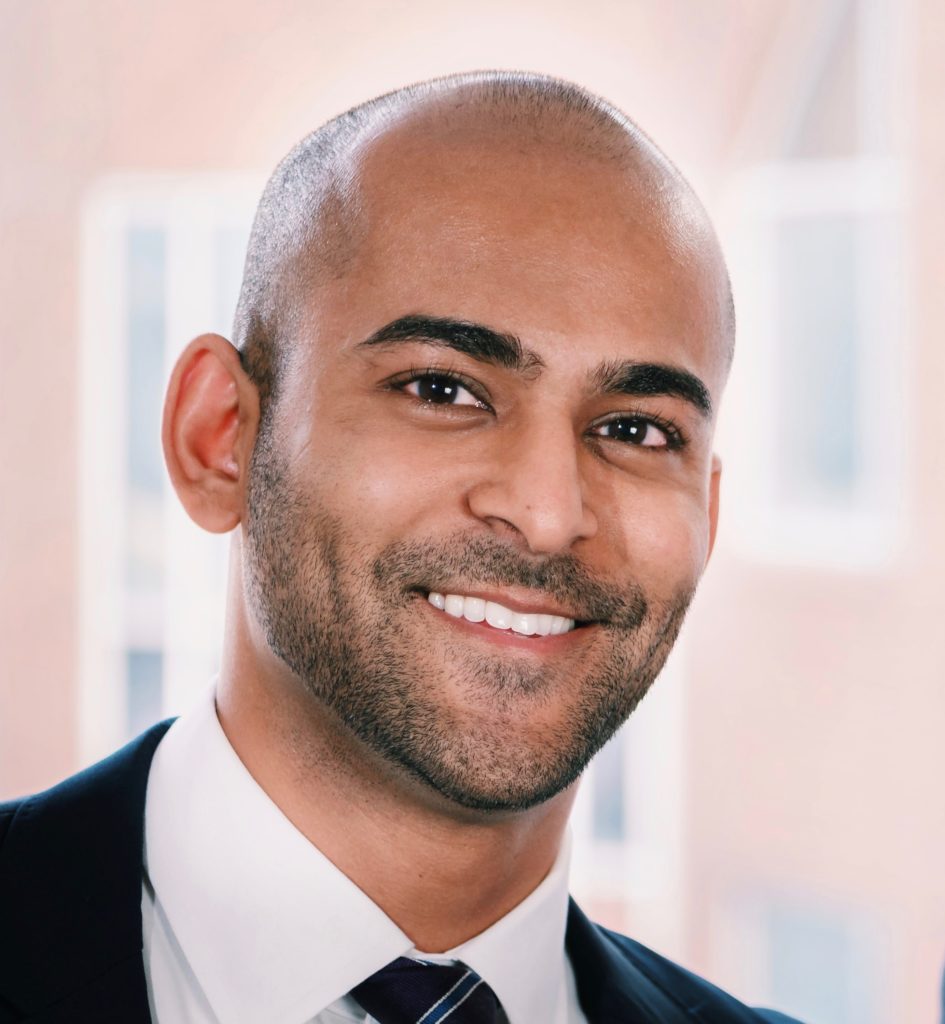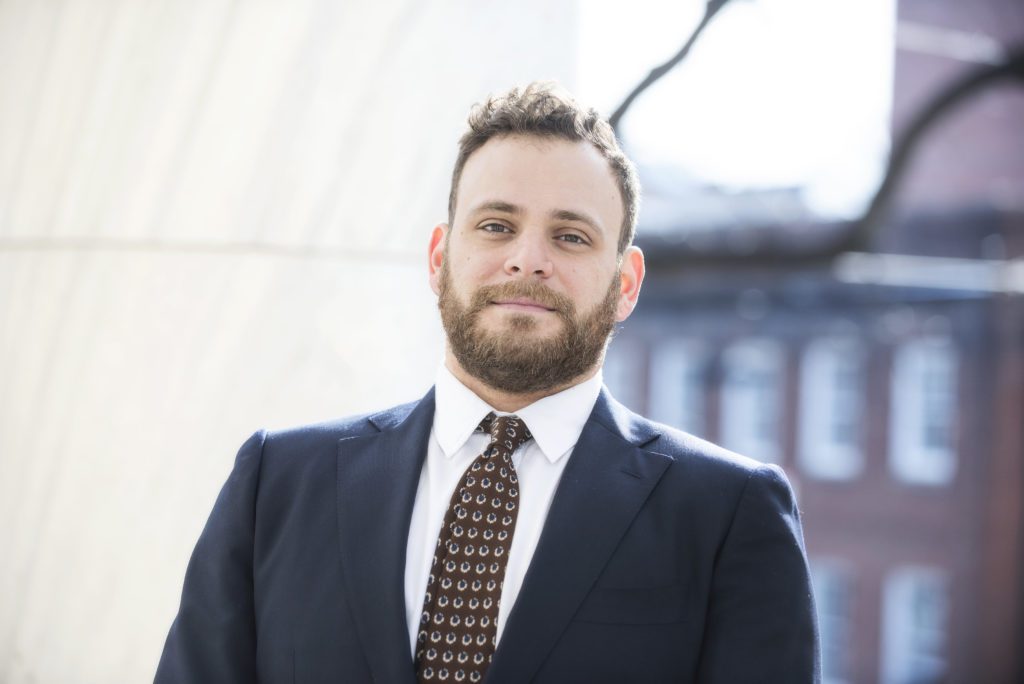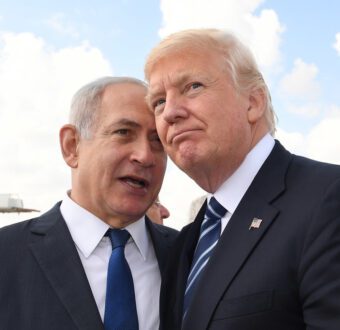On Target: Aroop Mukharji on McKinley, Asia, and America’s Rise as a Great Power
As global news headlines race from one story to the next, the line between fact and speculation is often blurred. At the same time, the dynamics driving international relations often get ignored. On Target unpacks the most pressing issues of the day, from nuclear weapons to US foreign aid. Zuri invites IGA’s nonresident fellows to break down their research and apply it to today’s most critical foreign policy debates.
In this inaugural episode, host Zuri Linetsky‘s guest is Aroop Mukharji, a historian of a period widely regarded as the dawn of expansive US foreign policy––the 1890s. Aroop sheds light on the Spanish-American War and the perceptions which drove President McKinley to annex the Philippines––a pivotal moment in America’s embrace of great power status––and how this can help us think about Washington’s decision-making today, from Afghanistan to the Pacific.

Aroop Mukharji is a nonresident fellow at IGA and an associate of the Applied History Project at the Harvard Kennedy School’s Belfer Center for Science and International Affairs. Aroops’s research on America’s rise as a great power in the 1890s crosses disciplinary boundaries, to incorporate political science, decision science, and psychology.

Zuri Linetsky is a research fellow at IGA, whose research focuses on US grand strategy in Asia and US security sector assistance.
Reading List
- Aroop Mukharji, “The Blind Spots of Diplomatic History,” War On The Rocks, April 1, 2022.
- Aroop Mukharji, “The Psychology of Stickiness: What America Can Learn From Its Annexation of the Philippines in 1898,” War On The Rocks, May 5, 2022.
- Ephraim K. Smith, “‘A Question from Which We Could Not Escape’: William McKinley and the Decision to Aquire the Philippine Islands,” Diplomatic History 9, no. 4 (1985).
- Philip Zelikow, “Why Did America Cross the Pacific: Restructuring the US Decision to Take the Philippines, 1898-99,” Texas National Security Review 1, no. 1 (December 2017).
This video includes references to the Eurasia Group Foundation, now known as the Institute for Global Affairs.
This post is part of Independent America, a research program led out by Jonathan Guyer, which seeks to explore how US foreign policy could better be tailored to new global realities and to the preferences of American voters.





The Forgotten Forever War That Cost Mike Waltz His Job